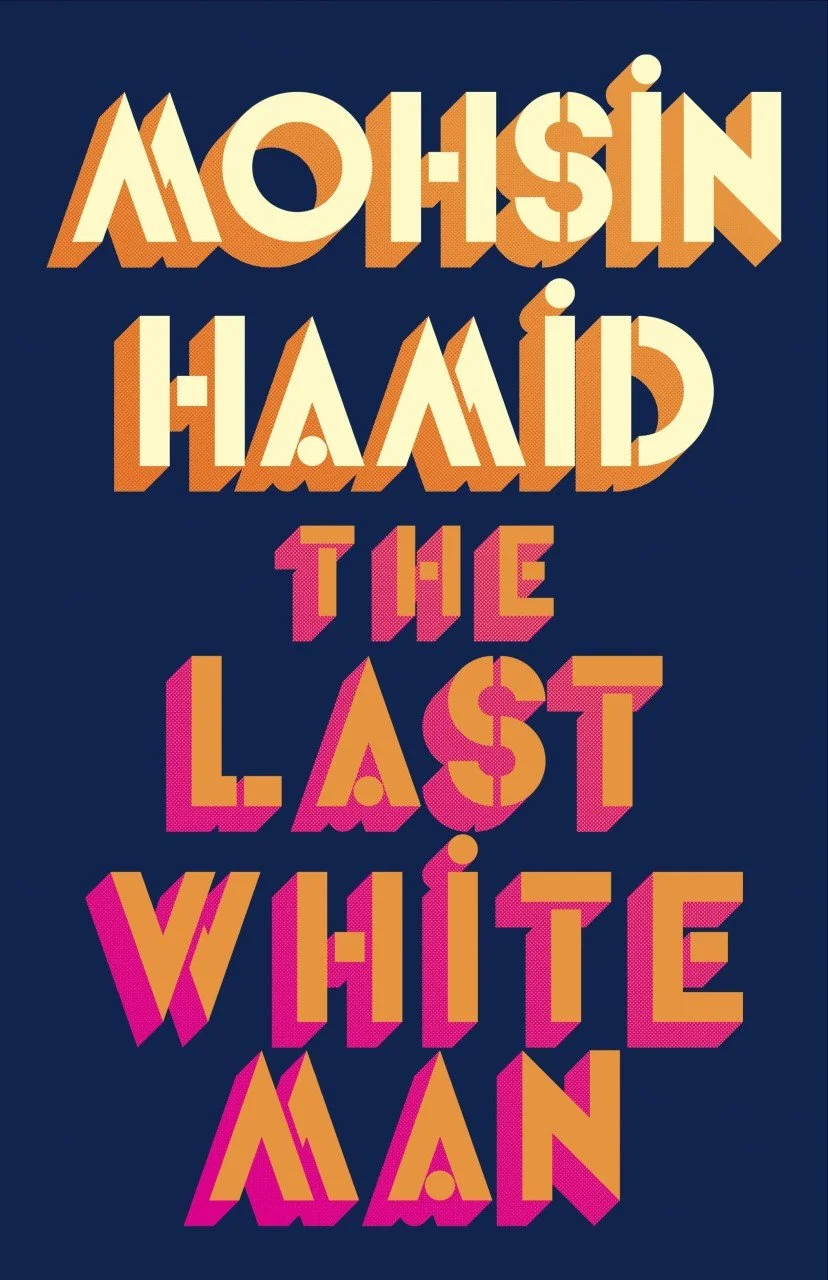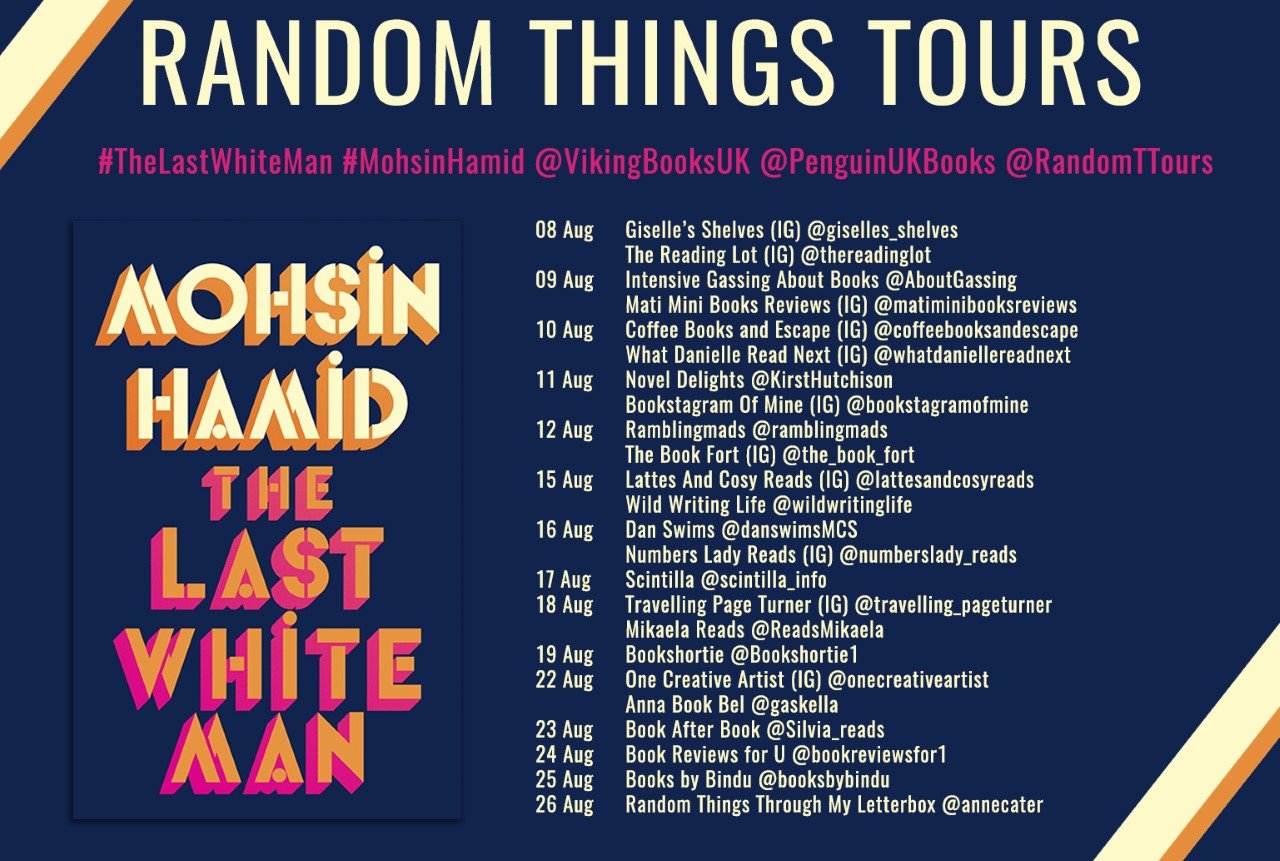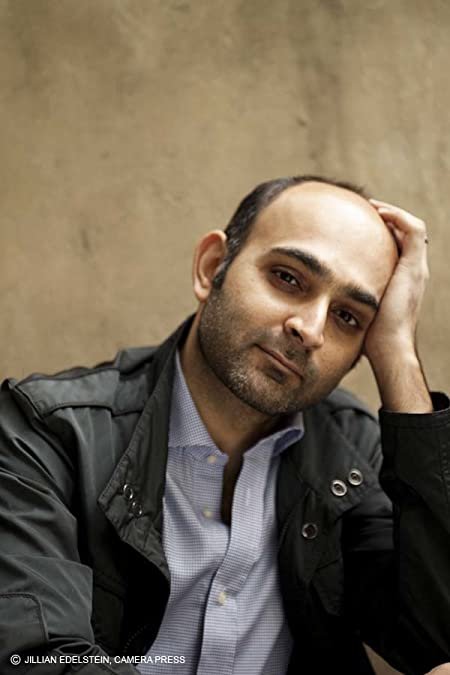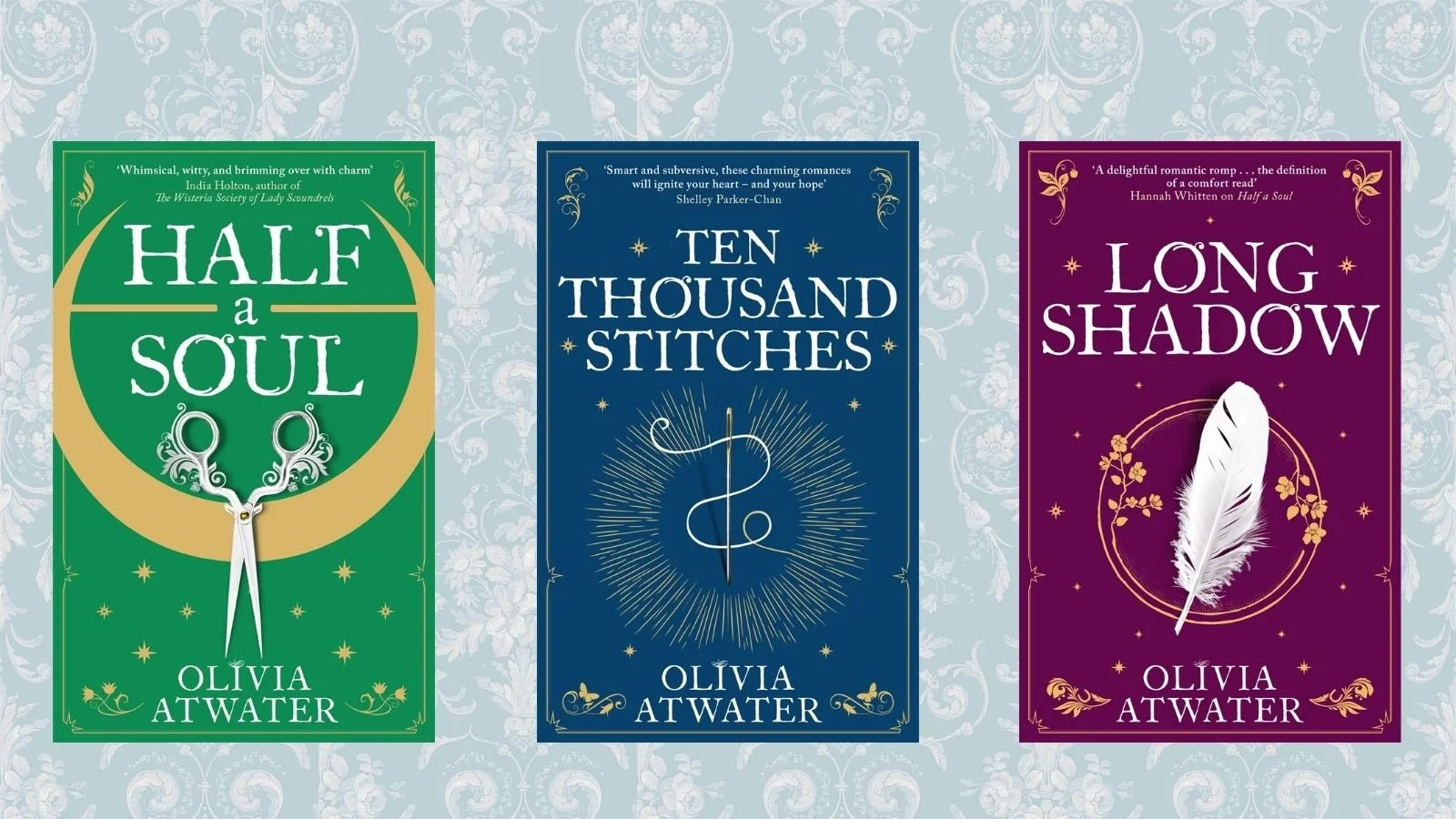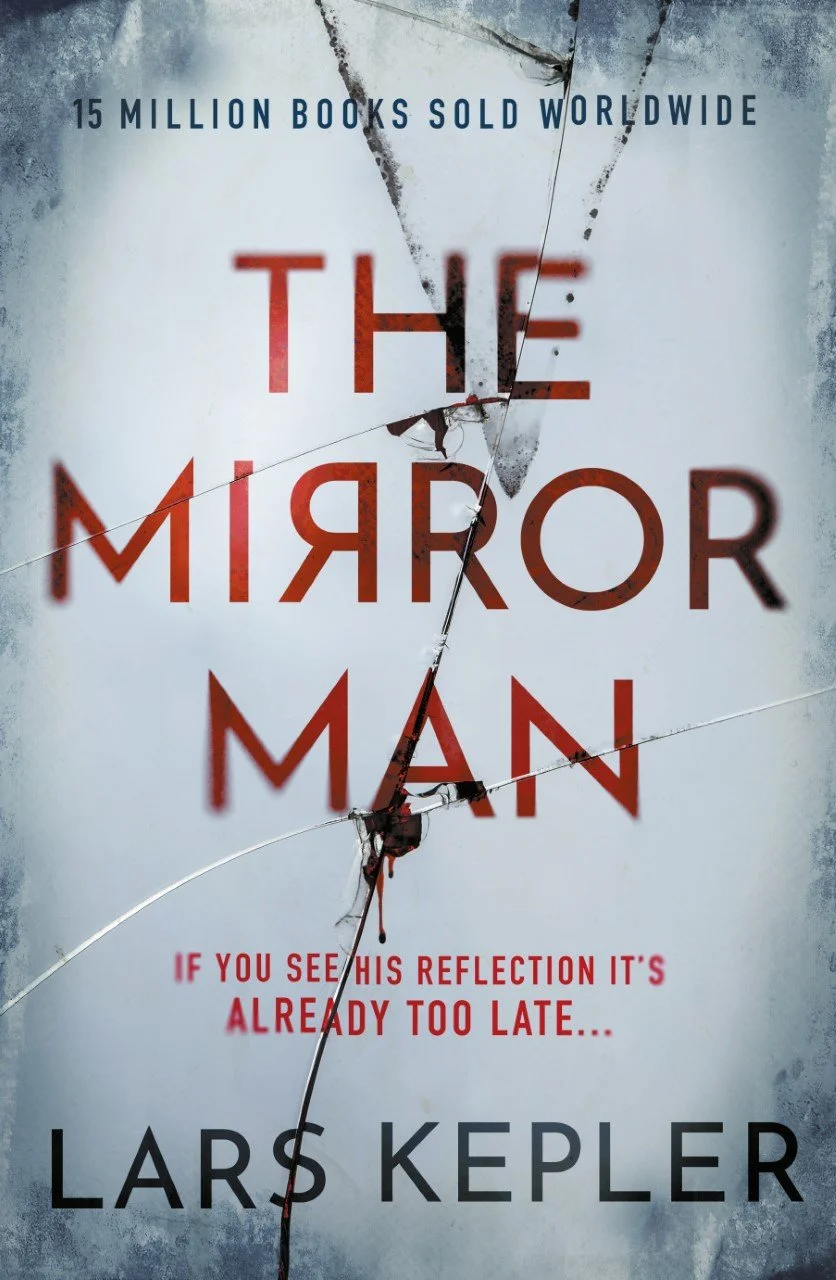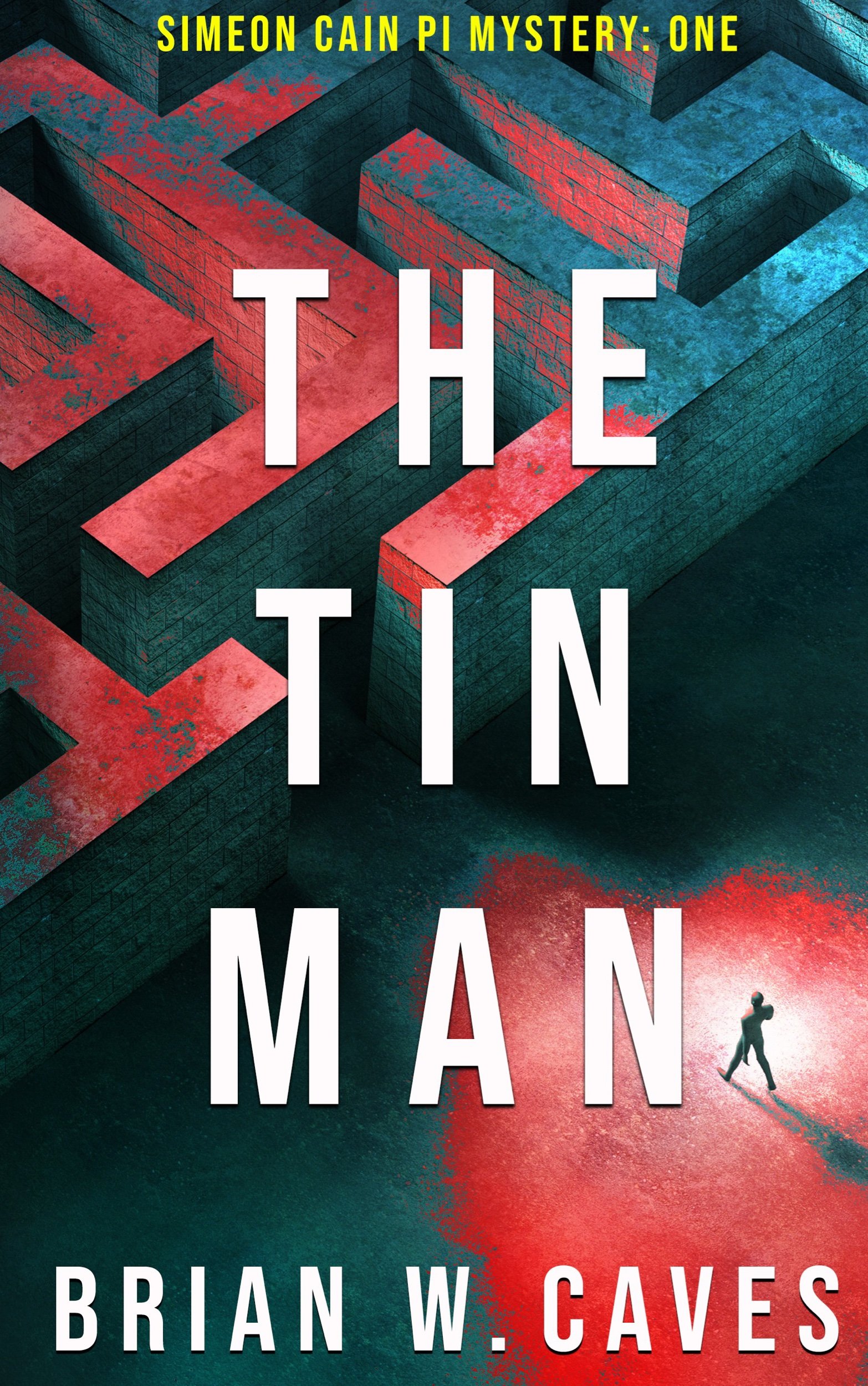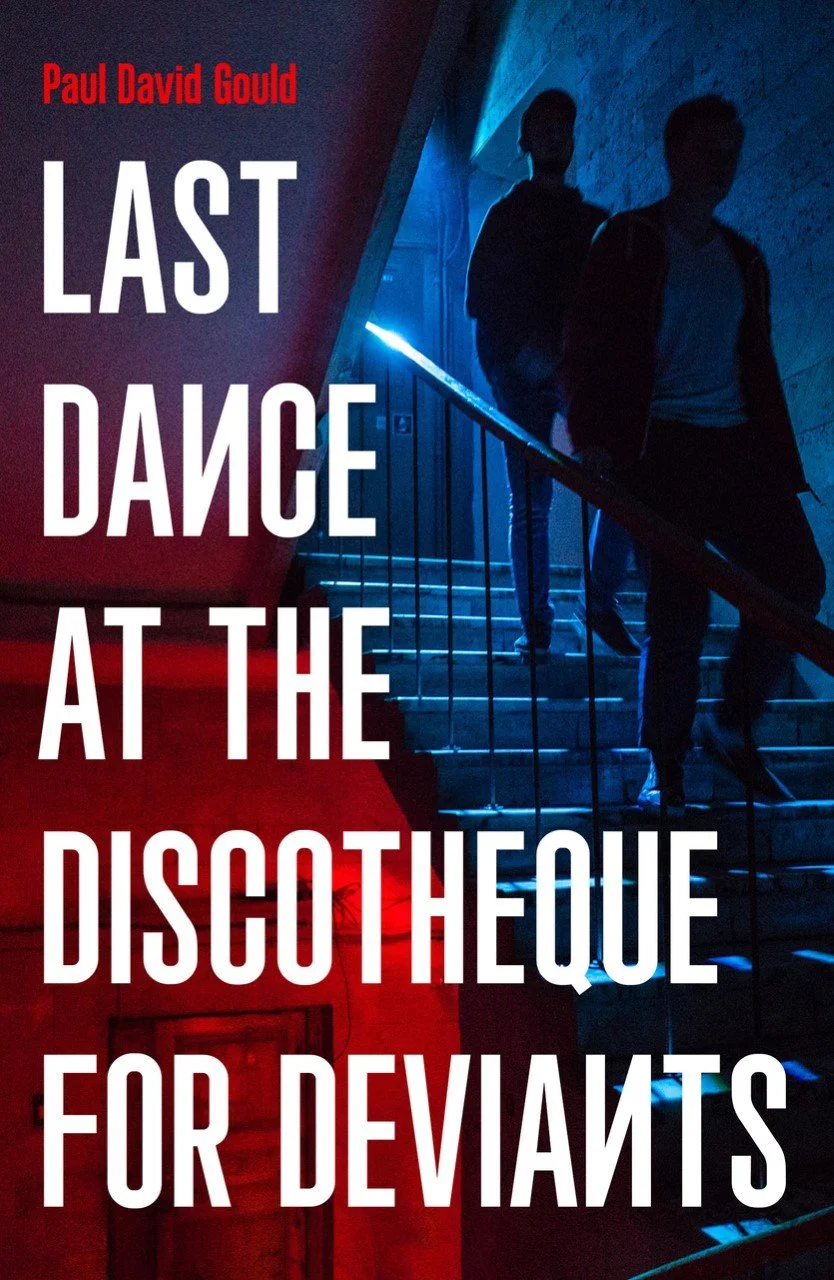The Last White Man by Mohsin Hamid
One morning, Anders wakes to find that his skin has turned dark, his reflection a stranger to him. At first he tells only Oona, an old friend, newly a lover. Soon, reports of similar occurrences surface across the land. Some see in the transformations the long-dreaded overturning of an established order, to be resisted to a bitter end. In many, like Anders's father and Oona's mother, a sense of profound loss wars with profound love. As the bond between Anders and Oona deepens, change takes on a different shading: a chance to see one another, face to face, anew.
About the author
Mohsin Hamid writes regularly for The New York Times, the Guardian and the New York Review of Books, and is the author of Exit West, The Reluctant Fundamentalist, Moth Smoke, How to Get Filthy Rich in Rising Asia and Discontent and its Civilizations. Born and mostly raised in Lahore, he has since lived between Lahore, London and New York.
Review
‘The Last White Man’ is the latest book from the twice nominated Booker Prize author Mohsin Hamid and is a poignant and often dark look at society and its attitudes to race and migration. It uses magic realism and the trope of a ‘virus’ turning white humans' skin brown. I loved his previous book ‘The Reluctant Fundamentalist’ and I thoroughly enjoyed reading about Anders and Oona.
Anders one morning wakes up and finds out he has turned brown. He churns through emotions - shock, horror, fear, confusion, fear. He doesn't know what to think and only tells his friend Oona. But soon others start to turn dark and it's clear that this is not a one-off. Differences manifest themselves in society as some accept the situation whilst others become militant against those who have changed.
This is a short novel but one that is perfectly formed and was a quick read. But it leaves the readers with questions and makes them analyse how they would react in this situation. What would your reaction be if the face in the mirror wasn't your reflection from the day before? The writing was beautiful - at times lyrical, confronting but non-confrontational, encompassing but showing the isolation of our characters. The theme of geographical transition wasn't just focused on race and I loved the passage of when Oona returned to the city. Primarily it is to do with race though and people who are able to ignore the needs of migrants. When Anders decides to bond with the dark cleaner at his work it was uncomfortable to read his clunky attempts.
It was the older generation of characters that intrigued me the most as a reader. Anders's father struggles with the idea but accepts it as he accepts his role as a father. Oona’s mother is more complex as she is a right-wing conspiracy believer and has a dread of turning dark herself. It's the differences in their reactions that I found interesting and how this reflects society's reactions.
This is a beautifully formed book with a powerful message. Let me know if you read it.

